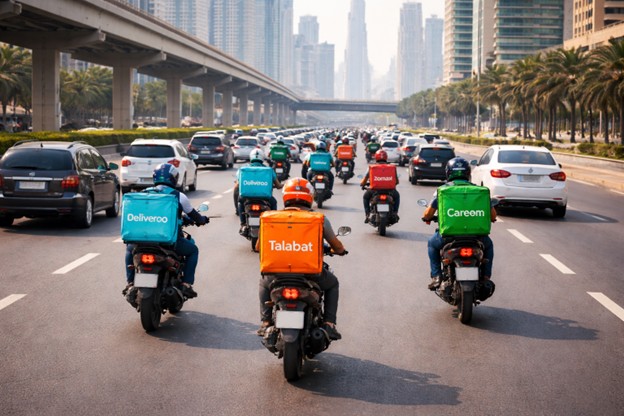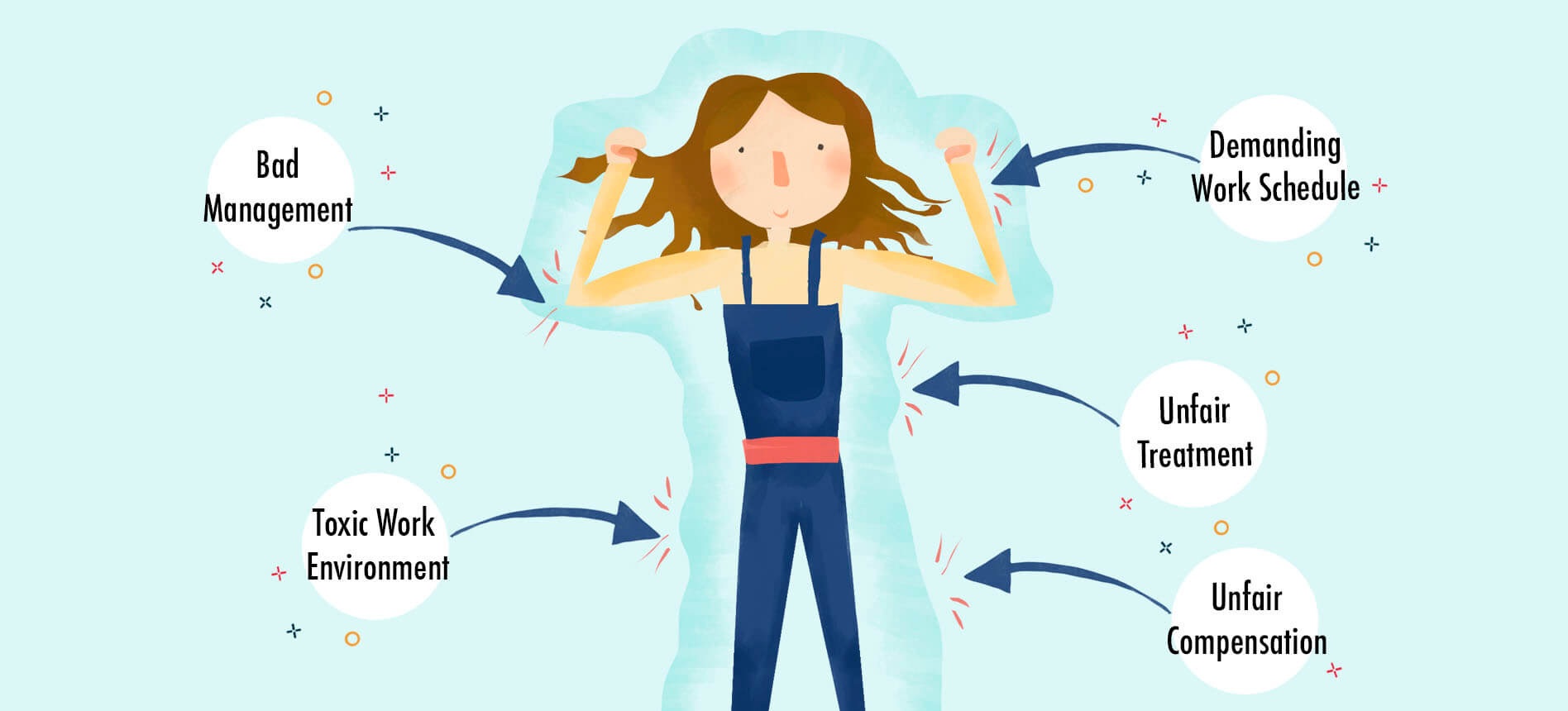
The Emirates Authority for Standardisation and Metrology, ESMA, has held its first training programme for 30 major beverage juices producers.
The 575 member group manages AED 40 billion worth of investments in a joint strategic partnership with ESMA.
The move was meant to support the private sector and enable them to develop the necessary legislation, specifications and technical regulations, and to obtain membership in the relevant technical committees, of regional and international organisations, to facilitate trade between the UAE and the world, and removing technical barriers and supporting the national economy of the UAE.
Abdullah Al Maeeni, ESMA Director-General, confirmed that the authority is continuously exploring the opportunities to develop the capacity of the industrial and productive sectors.
"We aim to train the group to develop mechanisms to facilitate the flow of import and export in a manner that supports the movement of goods and food commodities and serves the national economy," he added.
The technical programme, which lasted for two days at the ESMA headquarters, Dubai, was presented by the Compliance Affairs Department, technical legislation, Standards Department, and the Customer Happiness Centre, on the definition of Technical Barriers to Trade Agreement; how to issue the UAE standard; when technical regulation is mandatory; consumer protection; fraud prevention; environmental protection; national security, and participation procedures in technical committees regional and international organisations.
ESMA, as a part of the government, is interested in developing the capabilities of the juice and beverage production sector in the UAE, and listening to the views of producers and suppliers on a regular basis in order to facilitate their work in coordination and integration with other concerned government agencies, Al Maeeni said.
The development of technical regulations, ensure the quality standards required in the markets, according to the best international practices, he added.
He pointed out that a technical team comprising members of several departments provided the technical support to manufacturers and producers to provide them with the necessary tools to prepare the regulations, similar to the system in which the members of the WTO are notified in advance of the regulations
Source: WAM





